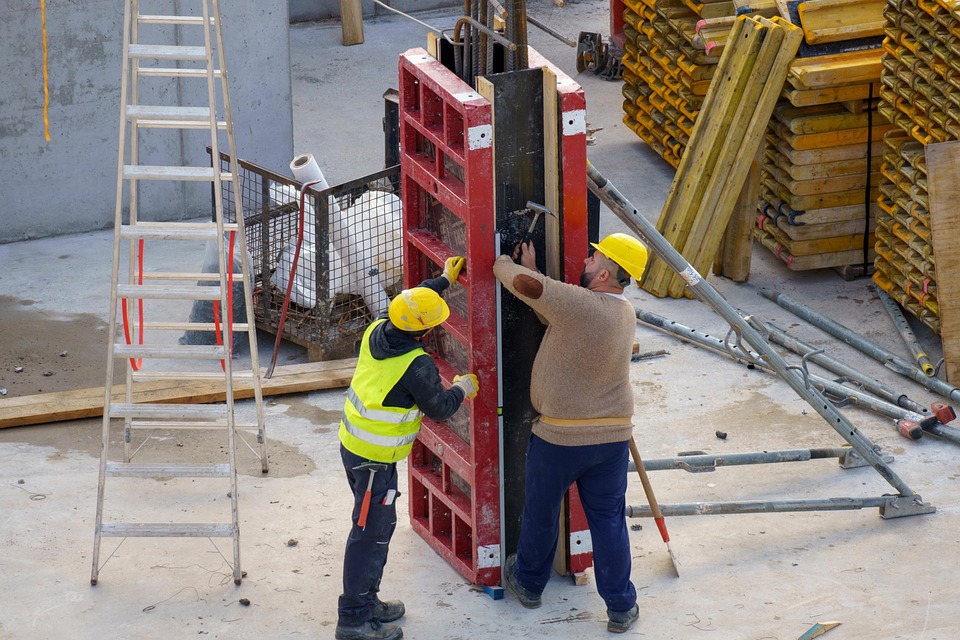Essential Construction Worker CV Template: Boost Your Job Prospects in the UK
Navigating the competitive landscape of the construction industry in the UK requires more than just hands-on experience and technical skills. A well-structured CV can be your ticket to securing that coveted role. It’s your first impression, your calling card, and in many cases, it’s what separates you from a sea of other candidates. Let’s delve into crafting an essential construction worker CV that stands out.
1. Contact Details: Make It Easy
Your CV should begin with your name, followed by your phone number, email address, and home address. While it may seem straightforward, ensuring your contact details are clear and professional is crucial. Avoid using quirky email addresses; stick to something simple and memorable.
2. Personal Statement: Your Elevator Pitch
A succinct personal statement is vital. This is your opportunity to summarise who you are and what you bring to the table in just a few sentences. Focus on your experience, key skills, and what you’re looking for in your next role. For instance, “Dedicated construction worker with over five years of experience in residential and commercial projects, seeking to leverage expertise in project management and safety compliance.”
3. Skills Section: Highlight Your Strengths
Take a moment to list your core skills. This could include:
- Expertise in specific construction techniques
- Familiarity with tools and machinery
- Knowledge of health and safety regulations
- Project management capabilities
- Teamwork and communication skills
Tailor this section to match the job description of the role you’re applying for. Keywords are your friends; they help your CV get noticed by automated systems before it even reaches human eyes.
4. Work Experience: Show Your Journey
When detailing your work experience, start with your most recent role and work backwards. Each entry should include:
- Job title
- Company name
- Dates of employment
- Key responsibilities and achievements
Quantify your accomplishments where possible. Instead of simply stating, “Managed a team,” say “Led a team of 10 in the successful completion of a £500k residential project, delivering ahead of schedule and under budget.”
5. Education and Certifications: Formalise Your Knowledge
Include your educational background, starting from the most recent. If you have relevant certifications, such as CSCS (Construction Skills Certification Scheme), mention them here. Employers in the construction sector often look for specific qualifications, so make sure these are prominently displayed.
6. Additional Information: What Sets You Apart?
This section can be a game-changer. Consider including:
- Volunteer work within the community
- Relevant courses or workshops
- Language skills
- Hobbies that showcase teamwork or leadership
These can provide a fuller picture of who you are and what you can bring beyond just your technical skills.
7. Professional Formatting: Keep It Clean
Your CV should be visually appealing yet straightforward. Use a clear font, proper spacing, and bullet points for easy readability. Avoid cluttering the page with unnecessary graphics or excessive colour, as this can distract from the content itself.
In the bustling construction industry, having a compelling CV is essential to capturing the attention of potential employers. Remember that your CV is not just a list of jobs; it’s a narrative of your professional journey, showcasing your achievements and aspirations.
CVPortal continues to bring you a wealth of high-quality CV references to help you shine in your job search.


